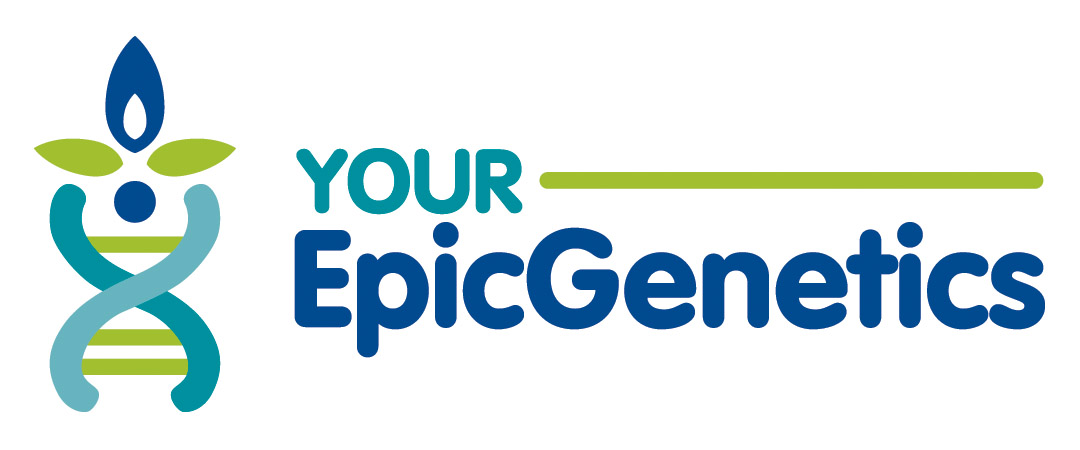Introduction
Our gut is comprised of billions of healthy, beneficial bacteria, along with other microbes. This ecosystem of microbes is considered the gut microbiome. The microbiome has received a lot of attention for its role in overall health. (1) Our gastro-intestinal tract serves as the place where food is digested, nutrients are absorbed, and waste is excreted. Not only does our body interact with food and water here, but it also interacts with microbes and toxins. When our gut health is in good shape, it can have a beneficial impact on our health. (1, 2, 3) When our gut microbiome is unbalanced, inflammation can be a result. (2, 3)
What is Inflammation?
Acute inflammation is a necessary response of the body. Here’s an example: say we are out for a run and we trip and sprain our ankle. The body’s natural and normal response will be to create inflammation in the area of the ankle. This inflammation is actually part of the healing process. The pain that is experienced with that ankle sprain is the body’s way of telling us not to put pressure on it, to allow for it to heal. Acute inflammation is short term. It may last for a day, a week, or a few weeks or so, (depending on what caused it) and then it goes away.
Chronic inflammation, on the other hand, does not have a specific event which caused it. Instead, it may be caused by a variety of different things. It may be occurring at such a low-level in the body that it goes unnoticed until symptoms start to develop. With chronic inflammation, the body is reacting to different triggers, such as certain foods, chemicals, and toxins, on a continual basis.
Our Amazing Digestive System
We have such an amazing digestive system that is meant to protect us from threats from the outside world, such as harmful bacteria, viruses, fungi, parasites…
When our digestive system is working as it should, the food that we eat gets broken down into tiny molecules that are allowed to pass through the small intestine into the blood stream in the form of nutrients.
As food continues its journey through the digestive tract, nutrients such as fiber and short-chain fatty acids help to nourish the healthy bacteria living in the colon. (2)
There are many different types of bacterial species living in our gut which work together in harmony to help keep a body in good health.
Chronic Inflammation and the Gut
When we are continually eating processed foods that contain sugar, man-made fats, and gut-irritants, the healthy bacteria balance in the colon begins to shift.
A diet high in processed foods creates the opportunity for the overgrowth of different bacterial species known to contribute to inflammation in the gut. (3)
When a poor diet goes on for an extended period of time, chronic systemic inflammation begins to happen. The rate at which this happens is different from individual to individual.
With chronic inflammation in the gut, a person may begin to experience “mystery” symptoms, such as unexplained headaches, skin issues, joint pain, muscle aches, weight gain, digestive issues, or they may simply feel run-down, lacking in energy, or completely overwhelmed.
These symptoms are the body’s warning signs that something is going on that needs to be addressed.
Your gut interacts with your entire body. Chronic gut inflammation can contribute to the risk of chronic symptoms and health issues in other parts of your body.
Systemic/chronic inflammation can contribute to various conditions including metabolic syndrome, inflammatory bowel disease and cancer, and these have been associated with imbalanced gut microbiota and studied widely in both animal and human studies. (4)
How to Address Root Causes
Begin with the diet.
Diet is one factor that plays a huge role in either contributing to (or helping to reduce) chronic inflammation. Food sensitivities, too much sugar or refined carbs, and overly processed foods are some of the contributors to chronic inflammation.
For those who are beginning to explore the diet’s connection to inflammation, I recommend beginning slowly, with what is do-able for you. Small changes allow for success and momentum!
If you are feeling continually overwhelmed, I recommend you simply pick one change that you would like to make. It can be as easy as “including one more vegetable per day” or, “having carrot sticks with guacamole, instead of pretzels for a snack”.
The most important thing is to take action on something. Maybe your first step is including more water into your daily routine! Remember, it is completely okay to take imperfect action!
For those who are able to take on a bit more, here are the first two steps I would recommend:
1. Avoid processed vegetable oils and seed oils. If it comes in a clear plastic bottle and says “vegetable oil”, “canola oil”, or “grapeseed” oil, it is not doing the body any good. These oils are pro-inflammatory. Instead, use butter, ghee, or coconut oil for cooking and baking.
2. Reduce processed foods and sugar intake. Read labels. Be on the lookout for added sugars and artificial sweeteners on ingredient labels. There is so much hidden sugar in processed foods. Complete a sugar reduction program or elimination diet for 21 days.
Want to learn more?
Root causes of gut inflammation are inflammatory diet, food sensitivities, microbiome imbalance, chronic stress and poor sleep, low stomach acid levels, poor bile flow and pancreatic enzyme production.
I address each of these root causes of gut inflammation with my clients in a do-able, systematic basis in my Calm the Inflammation an Rediscover Your True Self Program.
To learn more about working with me privately, schedule your complementary Discovery Session.
Connect with Me and Next Steps
Stay connected, and receive your Anti-Inflammatory Recipe Collection.
Feeling fatigued during the day? Overwhelmed and feeling anxious? Experiencing digestive issues, acne, or desiring a more balanced mood? Ready to take action? Schedule your Discovery Session now.
This information is being provided to you for educational and informational purposes only. It is being provided to you to educate you about healthy eating and living and as a self-help tool for your own use. It is not medical or psychological advice. This information is to be used at your own risk based on your own judgment.
For my full Disclaimer, please go to https://yourepicgenetics.com/index.php/disclaimer/
Sources:
(2) Ma, W., Nguyen, L.H., Song, M. et al. Dietary fiber intake, the gut microbiome, and chronic systemic inflammation in a cohort of adult men. Genome Med 13, 102 (2021). https://doi.org/10.1186/s13073-021-00921-y


Recent Comments